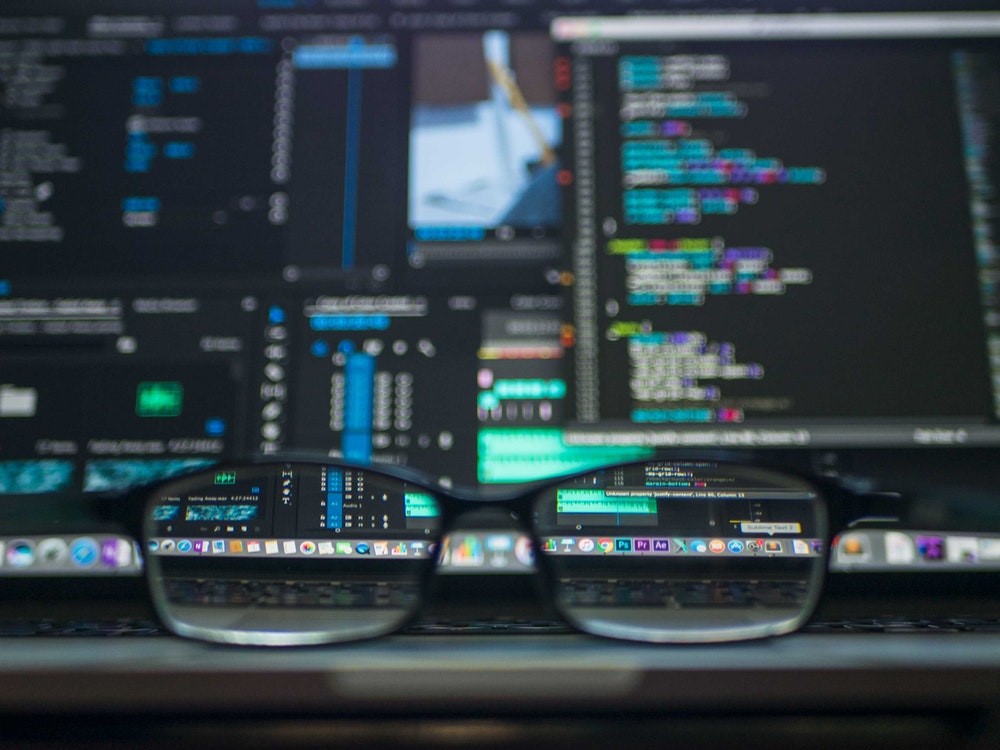These are the key technology themes we will be watching closely during 2019:

1. #Techlash - tech builds a conscience
By 2020, it is forecast that 1.7MB of data will be created every second for every individual on the
planet. Managing data properly must be a top priority for companies in 2019. If they do not have
robust procedures in place to ensure that data is managed, stored and utilised appropriately, they
will run the risk of being caught in the #techlash epidemic.
2. #5G – the race has begun
5G will open up significant opportunities across industries by increasing reliability, saving time,
money and dramatically enhancing the final user experience. Three key reliability improvements
over 4G will be a 1,000 times speed increase, improved latency and high precision connectivity due
to the ultra-high frequencies. IDC predicts more than 30 billion devices will be connected to networks globally by 2020.